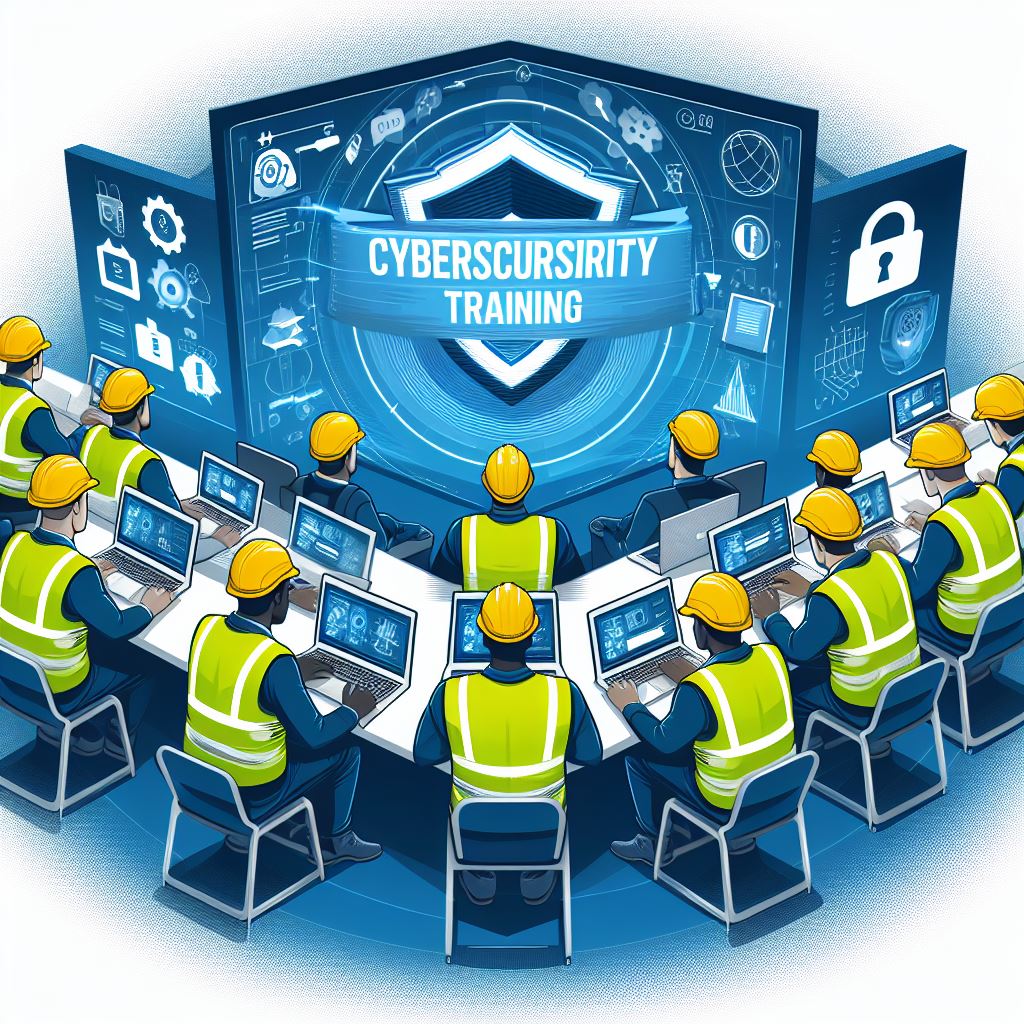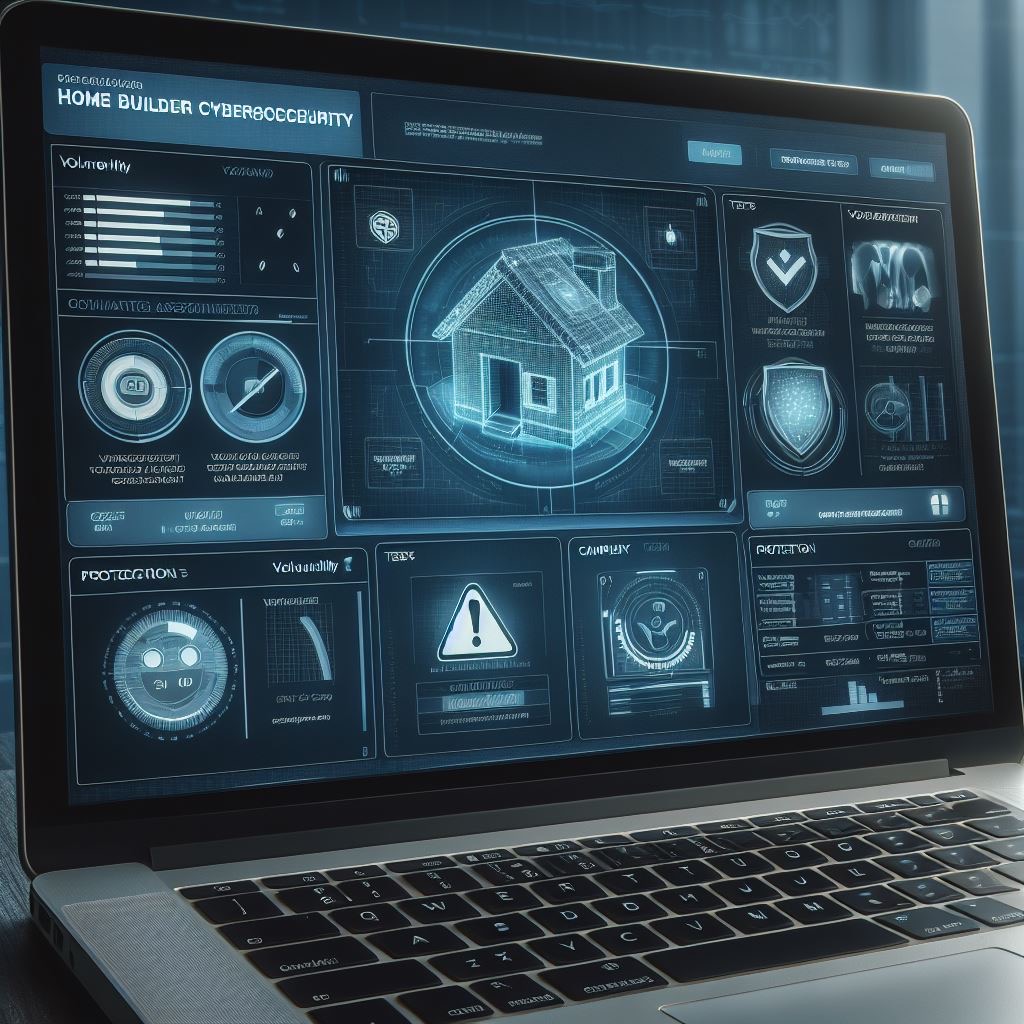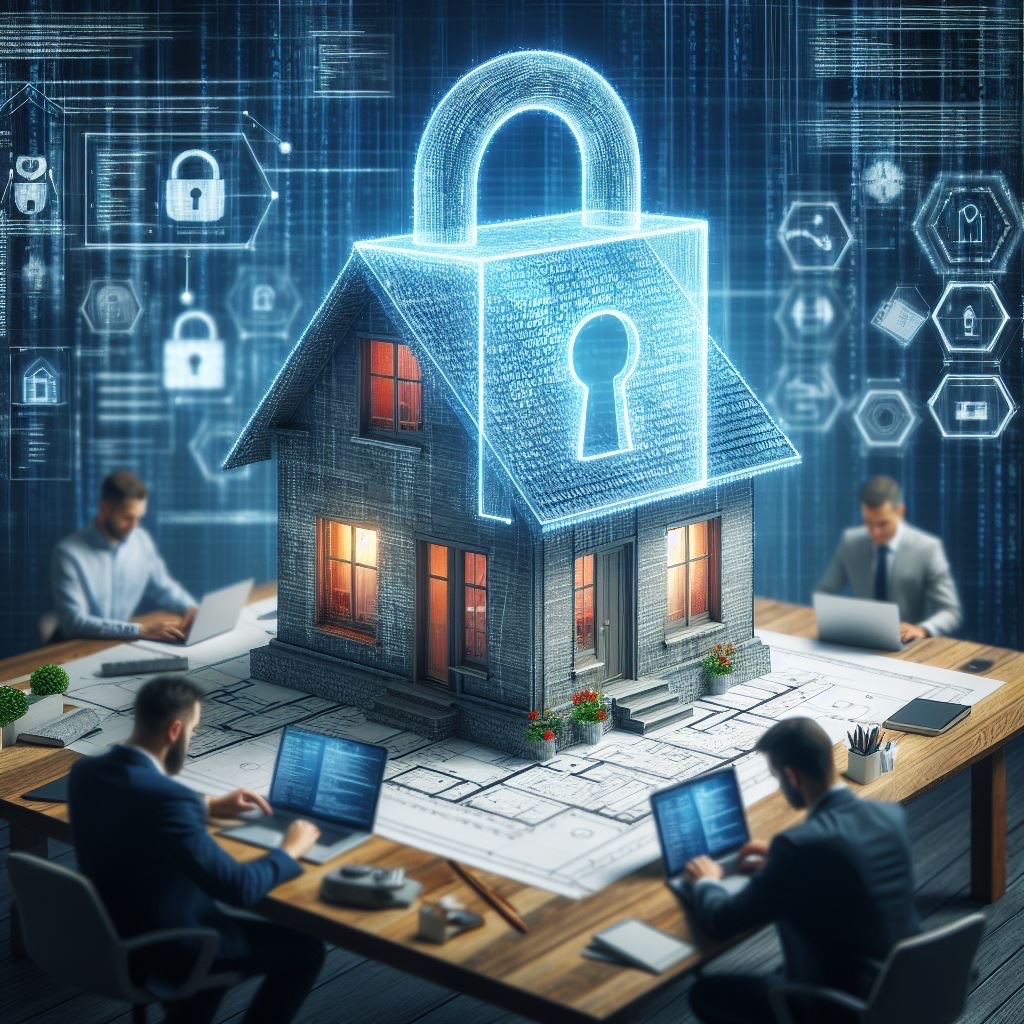
Defying All Odds - Day 2: Understanding the NIST Framework for Construction Companies: Building a Strong Cybersecurity Foundation with ZATIS
“You have to be prepared to fight and finish your own battles.” - Jim Harbaugh
Introduction:
As the construction industry becomes increasingly digitalized, it also becomes more vulnerable to cyber threats. Construction companies hold valuable financial data, intellectual property, and sensitive customer information, making them prime targets for hackers and cybercriminals. To combat these threats, construction companies need a comprehensive cybersecurity framework that can protect their operations and secure their digital assets. In this article, we will explore the NIST Framework for Construction Companies and how partnering with ZATIS, the trusted Managed Service Provider (MSP), can help construction companies build a strong cybersecurity foundation.
In our featured story, we talked about how ZATIS helped a construction company defy the odds by winning the battle against hackers and cybercriminals. Join us as we embark on a journey where we explore the latest trends, best practices, and innovative solutions that empower businesses to stay one step ahead of hackers and cybercriminals.
Understanding the NIST Framework for Construction Companies: Building a Strong Cybersecurity Foundation with ZATIS
Chapter 1: Understanding the NIST Framework

The National Institute of Standards and Technology (NIST) has developed a cybersecurity framework that provides a set of guidelines, best practices, and standards to help organizations manage and mitigate cybersecurity risks. The NIST Framework consists of five core functions: Identify, Protect, Detect, Respond, and Recover. Each of these functions plays a crucial role in establishing a robust cybersecurity posture for construction companies.
Chapter 2: Identifying Cybersecurity Risks

The first step in implementing the NIST Framework is to identify and assess the cybersecurity risks faced by a construction company. This involves understanding the assets, systems, and data that need protection, as well as the potential vulnerabilities and threats. ZATIS, as an experienced MSP, can assist construction companies in conducting comprehensive risk assessments and identifying the areas that require immediate attention.
Chapter 3: Protecting Digital Assets

Once the risks are identified, the next step is to implement measures to protect the construction company's digital assets. This includes establishing strong access controls, implementing secure network configurations, and deploying robust encryption techniques. ZATIS can provide construction companies with expert guidance and support in implementing these protective measures, ensuring that their digital assets are safeguarded against unauthorized access and cyber attacks.
Chapter 4: Detecting and Responding to Cyber Threats

Despite the best preventive measures, it is crucial for construction companies to have mechanisms in place to detect and respond to cyber threats in real-time. This involves continuous monitoring of networks and systems, as well as implementing intrusion detection systems and security event management solutions. ZATIS can leverage its expertise and advanced tools to provide construction companies with round-the-clock monitoring and rapid incident response capabilities, minimizing the impact of any potential breaches.
Chapter 5: Recovering from Cybersecurity Incidents

In the unfortunate event of a cybersecurity incident, construction companies need to have a robust recovery plan in place to minimize downtime and mitigate the damage. ZATIS can assist construction companies in developing comprehensive incident response and recovery plans, ensuring that they can quickly recover their systems and resume their operations with minimal disruption.

The Importance of Proactive Cybersecurity Measures
To mitigate the risks associated with cyber threats, construction companies must adopt a proactive approach to cybersecurity. Implementing robust cybersecurity measures can help protect the company's assets, maintain client trust, and ensure the smooth operation of projects. Here are some key steps that construction companies can take:
1. Employee Education and Training:

Employees are often the first line of defense against cyber threats. Providing comprehensive training on cybersecurity best practices, such as identifying phishing emails and using strong passwords, can significantly reduce the risk of successful attacks.
2. Regular Security Assessments:

Conducting regular security assessments, including vulnerability scanning and penetration testing, can identify potential weaknesses in the company's systems and infrastructure. This allows for timely remediation before cybercriminals can exploit these vulnerabilities.
3. Secure Network Infrastructure:

Implementing robust firewalls, intrusion detection systems, and encryption protocols can help safeguard the company's network infrastructure from unauthorized access and data breaches.
4. Access Control and Authentication:

Implementing strong access control measures, such as multi-factor authentication and role-based access controls, can ensure that only authorized individuals have access to sensitive information.
5. Data Backup and Recovery:

Regularly backing up critical data and implementing a robust disaster recovery plan can help minimize the impact of a cyber-attack and facilitate the restoration of operations.
Conclusion:
As cyber threats continue to evolve and become more sophisticated, construction companies must prioritize their cybersecurity efforts. By adopting the NIST Framework and partnering with ZATIS, construction companies can build a strong cybersecurity foundation that protects their digital assets, safeguards their operations, and ensures the trust of their clients. With ZATIS as their trusted MSP, construction companies can navigate the complex landscape of cybersecurity with confidence, knowing that they have a reliable partner by their side. Invest in cybersecurity today and secure the future of your construction company with ZATIS.
Want to know if your construction company is at major risk of getting hacked? Click here for a FREE 15-Minute Cyber Consult.

5 Reasons Your Construction Company Needs a Cybersecurity Risk Assessment. 👊
It is important for construction companies to conduct a cybersecurity risk assessment for several reasons:
1. Protection of sensitive data:
Construction companies handle a vast amount of sensitive data, including financial information, project details, client information, and employee records. Conducting a cybersecurity risk assessment helps identify potential vulnerabilities and ensures appropriate safeguards are in place to protect this data from unauthorized access, data breaches, or theft.
2. Mitigating financial losses:
Cyberattacks can result in significant financial losses for construction companies. These losses can stem from data breaches, ransomware attacks, or the disruption of critical systems. By conducting a cybersecurity risk assessment, companies can identify potential weaknesses in their IT infrastructure and take proactive measures to mitigate the financial risks associated with cyber threats.
3. Maintaining business continuity:
A successful cyber-attack can disrupt construction projects, delay timelines, and impact the overall business operations. By conducting a risk assessment, construction companies can identify potential vulnerabilities and implement robust cybersecurity measures to ensure business continuity. This includes having backup systems, disaster recovery plans, and incident response protocols in place.
4. Protecting reputation and client trust:
Construction companies rely on their reputation and client trust to secure new projects and contracts. A cybersecurity breach can undermine trust, damage the company's reputation, and lead to the loss of clients. By conducting a risk assessment and implementing appropriate cybersecurity measures, construction companies can demonstrate their commitment to protecting client data and maintaining a secure operating environment.
5. Compliance with regulations:
Construction companies may be subject to industry-specific regulations and legal requirements regarding data protection and cybersecurity. Conducting a risk assessment helps identify any gaps in compliance and ensures that the company meets the necessary regulatory obligations.
Overall, conducting a cybersecurity risk assessment allows construction companies to proactively identify and address potential vulnerabilities, protect sensitive data, mitigate financial losses, maintain business continuity, protect their reputation, and comply with relevant regulations.
Other resources to help you get started with Cybersecurity
Start your own Cybersecurity initiative:
Here is a quick checklist to get you started with your Cybersecurity initiative. Remember imperfect action beats inaction, get started and keep pushing for progress and awareness with your people.
Update your software
Secure your files
Require passwords
Encrypt devices
Use multi-factor authentication
Protect your wireless network
Make "SMART SECURITY" your business as usual
Require strong passwords
Train all staff
Have a plan
